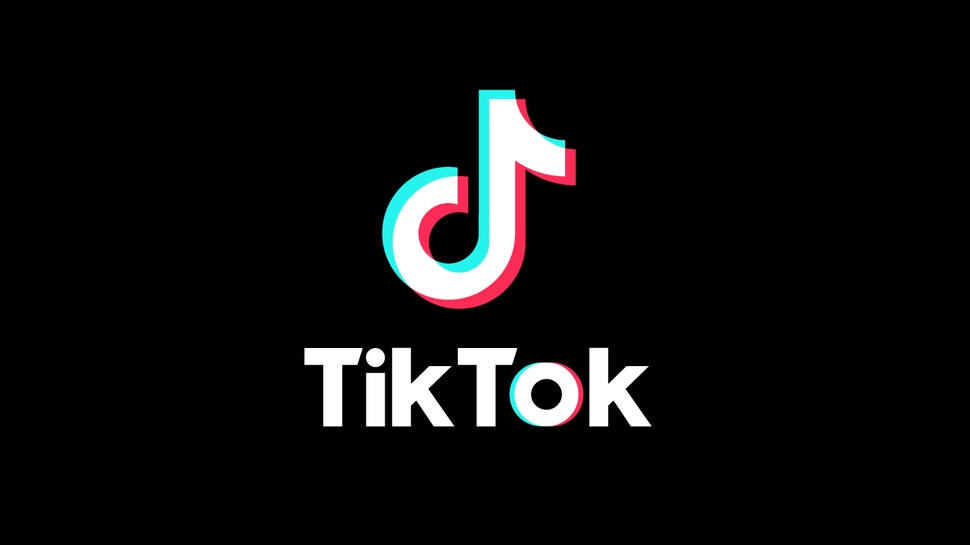US Congress Advances Bill Targeting TikTok Over National Security Concerns
In a significant move that could reshape the social media landscape in the United States, the House of Representatives has overwhelmingly approved a bill aimed at addressing national security concerns associated with popular app TikTok. The legislation, known as the Protecting Americans from Foreign Adversary Controlled Applications Act, received strong bipartisan support in the House, garnering backing from more than three-quarters of the chamber.
At the heart of the bill is a directive specifically targeting TikTok, a platform owned by China-based ByteDance and known for its addictive short-form videos. Under the proposed law, ByteDance would be given a stark choice: either divest ownership of TikTok within 180 days or face a nationwide ban within the US. The bill’s proponents argue that such measures are necessary to safeguard American interests amid growing worries over the app’s potential risks to national security and the privacy of its young users.
The bill’s proponents argue that such measures are necessary to safeguard American interests amid growing worries
However, the fate of the legislation now rests in the hands of the Senate, where its passage is far from certain. While the bill has gained momentum in the House, it faces uncertain prospects in the Senate, where lawmakers are deliberating their own social media regulation measures, notably the Kids Online Safety Act. This broader legislation aims to impose stricter regulations on all major social media platforms, without singling out TikTok.
Concerns over TikTok’s ties to the Chinese government have been longstanding, with allegations of data privacy breaches and potential exploitation of user information casting a shadow over the platform. These concerns have only been heightened by recent revelations, including leaked audio recordings suggesting that user data from TikTok may be accessible to Chinese authorities.
Adding a twist to the unfolding saga, former President Donald Trump has unexpectedly come out against the bill, citing concerns that its passage would benefit his political adversaries and their allies. Trump’s opposition has injected a new layer of complexity into the debate, particularly given his previous efforts to ban TikTok during his presidency.
As the legislative battle continues, the future of TikTok in the United States remains uncertain, sparking broader discussions about cybersecurity, data privacy, and the regulation of social media platforms. With the stakes high and the implications far-reaching, the debate over TikTok’s fate is poised to shape the digital landscape for years to come.



